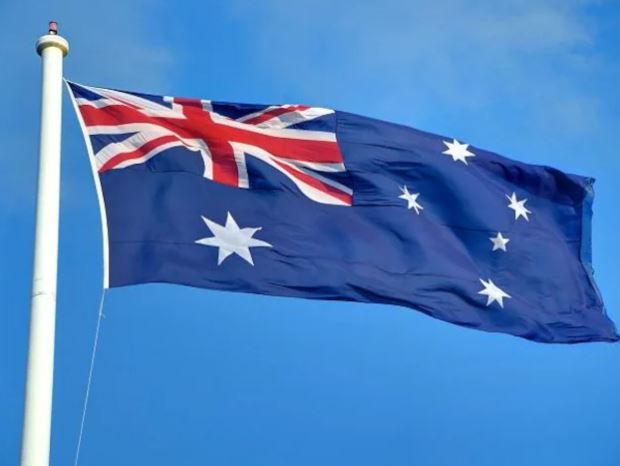
Authorities are to declare the final seat on Wednesday in a greener, more fragmented Australian Parliament following May 21 elections
Authorities are to declare the final seat on Wednesday in a greener, more fragmented Australian Parliament following May 21 elections.
The election brought Prime Minister Anthony Albanese's center-left Labour Party to power for the first time in nine years.
The Australian Electoral Commission on Wednesday declared the Victoria state seat of Cooper was the 77th won by Labour in the 151-seat House of Representatives where parties need to control a majority to form government.
The opposition conservative Liberal Party is expected to be declared the winner of the Western Australia state seat of O'Connor later on Wednesday.
Labor's narrow majority means that the government will not have to negotiate with the opposition or unaligned lawmakers to get legislation through the lower chamber.
But that is not the case in the Senate, where Labor holds only 26 of the 76 seats.
If Labour got all 12 senators from the minor Greens party to support legislation, the government would only need to persuade one of the six remaining independent or unaligned legislators to reach a majority. The environmentally-focused Greens held only nine seats in the previous Senate.
An early test will be when the government attempts to enshrine in legislation a new greenhouse gas reduction target July 26 when the Parliament sits for the first time since the election.
Labour was elected on a pledge to reduce Australia's emissions by 43% below to 2005 levels by 2030. The government last week formally adopted the target, but enshrining it in law would make the task of changing the target more difficult for a future administration to achieve.
The conservative coalition went to the election last month with a less ambitious target of a reduction of 26% to 28% by the end of the decade. Opposition leader Peter Dutton has ruled out the 32 opposition senators supporting Labour's 43% target.
Greens leader Adam Bandt has said he will push the government to ban new coal mines and gas projects when that target legislation is negotiated. The Greens want Australian emissions reduced by 75% by 2030.
The major parties both lost seats to candidates who promised more action on climate change.
The Liberal Party lost six House seats that were considered some of their safest to so-called teal independents: a greener shade than the party's traditional blue colour.
The number of lawmakers in the House unaligned to major parties has burgeoned from seven in the last Parliament to 16 in the new Parliament, which some observers say suggests the years of majority government in Australia are numbered.
(Only the headline and picture of this report may have been reworked by the Business Standard staff; the rest of the content is auto-generated from a syndicated feed.)





















